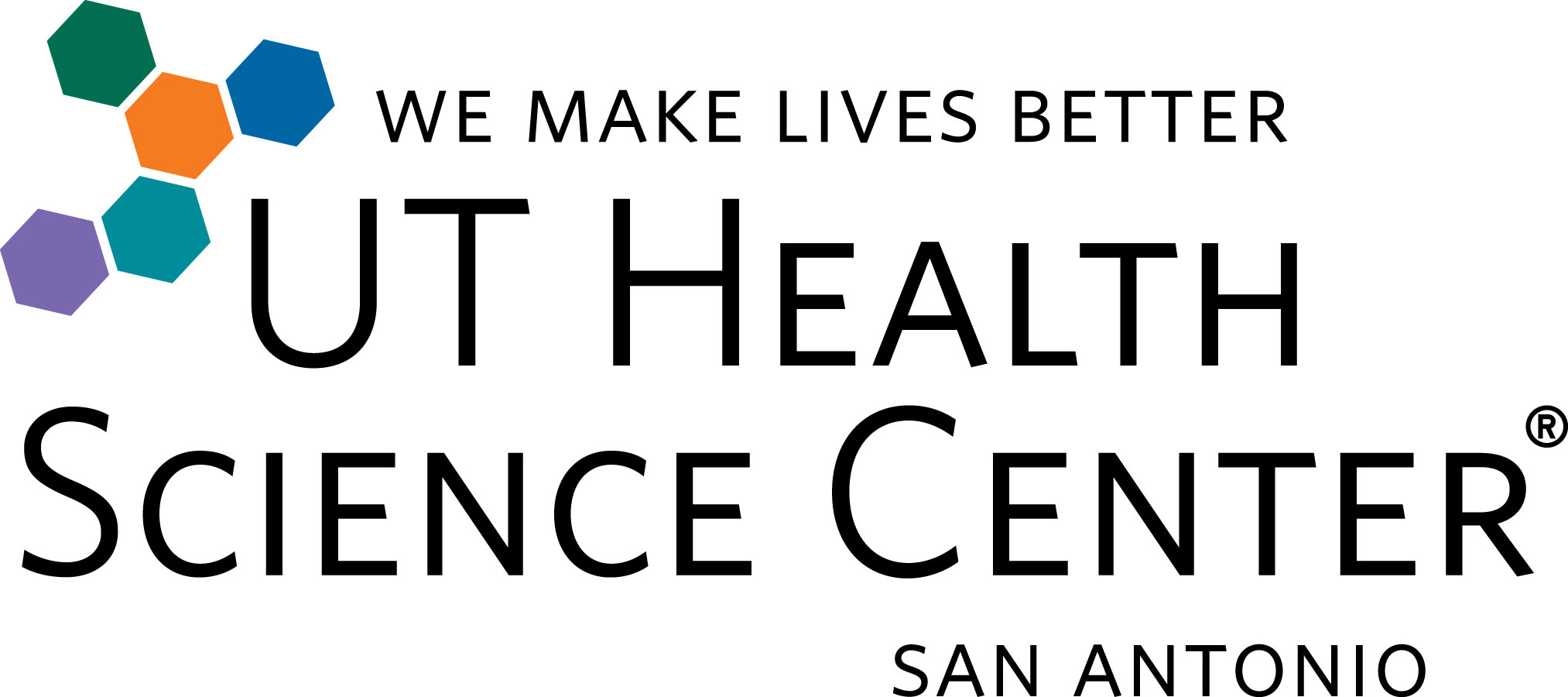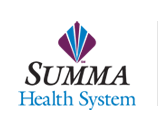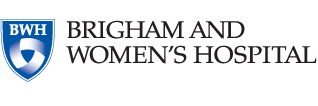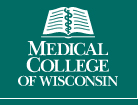Everolimus, Temozolomide, and Radiation Therapy in Treating Patients With Newly Diagnosed Glioblastoma Multiforme
| Status: | Active, not recruiting |
|---|---|
| Conditions: | Brain Cancer |
| Therapuetic Areas: | Oncology |
| Healthy: | No |
| Age Range: | 18 - 120 |
| Updated: | 1/24/2018 |
| Start Date: | December 2010 |
Phase I/II Trial of Concurrent RAD001 (Everolimus) With Temozolomide/Radiation Followed by Adjuvant RAD001/Temozolomide in Newly Diagnosed Glioblastoma
RATIONALE: Everolimus may stop the growth of tumor cells by blocking some of the enzymes
needed for cell growth and by blocking blood flow to the tumor. Drugs used in chemotherapy,
such as temozolomide, work in different ways to stop the growth of tumor cells, either by
killing the cells or by stopping them from dividing. Radiation therapy uses high energy
x-rays to kill tumor cells. Giving everolimus together with temozolomide and radiation
therapy may kill more tumor cells.
PURPOSE: This phase I/II trial is studying the side effects and best dose of everolimus when
given together with temozolomide and radiation therapy and to see how well it works in
treating patients with newly diagnosed glioblastoma multiforme.
needed for cell growth and by blocking blood flow to the tumor. Drugs used in chemotherapy,
such as temozolomide, work in different ways to stop the growth of tumor cells, either by
killing the cells or by stopping them from dividing. Radiation therapy uses high energy
x-rays to kill tumor cells. Giving everolimus together with temozolomide and radiation
therapy may kill more tumor cells.
PURPOSE: This phase I/II trial is studying the side effects and best dose of everolimus when
given together with temozolomide and radiation therapy and to see how well it works in
treating patients with newly diagnosed glioblastoma multiforme.
OBJECTIVES:
Primary
- To define the maximum tolerated dose of everolimus (up to an established dose of 10
mg/day) when combined with concurrent radiotherapy and temozolomide in patients with
newly diagnosed glioblastoma multiforme. (Phase I)
- To determine the efficacy of everolimus in combination with radiotherapy and
temozolomide followed by adjuvant everolimus in combination with temozolomide, as
measured by progression-free survival, in these patients. (Phase II)
Secondary
- To characterize the safety profile of everolimus in combination with radiotherapy and
temozolomide in these patients. (Phase I)
- To determine the overall survival of these patients. (Phase II)
- To further evaluate the safety profile of everolimus in combination with radiotherapy
and temozolomide in these patients. (Phase II)
- To determine if activation of the Akt/mTOR axis predicts response to everolimus. (Phase
II)
- To determine if there is an association between tumor MGMT gene methylation status and
response to everolimus. (Phase II)
OUTLINE: This is a multicenter, phase I, dose-escalation study of everolimus followed by a
phase II, randomized study.
After completion of study treatment, patients are followed up every 3 months for 1 year,
every 4 months for 1 year, and then every 6 months thereafter.
Primary
- To define the maximum tolerated dose of everolimus (up to an established dose of 10
mg/day) when combined with concurrent radiotherapy and temozolomide in patients with
newly diagnosed glioblastoma multiforme. (Phase I)
- To determine the efficacy of everolimus in combination with radiotherapy and
temozolomide followed by adjuvant everolimus in combination with temozolomide, as
measured by progression-free survival, in these patients. (Phase II)
Secondary
- To characterize the safety profile of everolimus in combination with radiotherapy and
temozolomide in these patients. (Phase I)
- To determine the overall survival of these patients. (Phase II)
- To further evaluate the safety profile of everolimus in combination with radiotherapy
and temozolomide in these patients. (Phase II)
- To determine if activation of the Akt/mTOR axis predicts response to everolimus. (Phase
II)
- To determine if there is an association between tumor MGMT gene methylation status and
response to everolimus. (Phase II)
OUTLINE: This is a multicenter, phase I, dose-escalation study of everolimus followed by a
phase II, randomized study.
After completion of study treatment, patients are followed up every 3 months for 1 year,
every 4 months for 1 year, and then every 6 months thereafter.
Inclusion criteria:
1. Histologically proven diagnosis of glioblastoma (WHO grade IV) confirmed by central
pathology review prior to Step 2 registration. Since gliosarcoma is a variant of
glioblastoma, gliosarcoma is also an eligible diagnosis.
2. Tumor tissue available for correlative studies (Required only in phase II portion, as
described below).
- Patients must have at least 1 block of tissue; if a block cannot be submitted,
two tissue specimens punched with a skin punch (2 mm diameter) from the tissue
block containing the tumor may be submitted.
- Diagnosis must be made by surgical excision, either partial or complete.
Stereotactic biopsy or Cavitron ultrasonic aspirator (CUSA)-derived tissue is not
allowed for patients on Phase II, as it will not provide sufficient tissue for
the required MGMT and pAKT/pMTOR analyses.
3. The tumor must have a supratentorial component
4. Patients must have recovered from the effects of surgery, postoperative infection, and
other complications.
5. A diagnostic contrast-enhanced MRI or CT scan (if MRI is not available due to
non-compatible devices) of the brain must be performed preoperatively and
postoperatively. The postoperative scan must be done within 28 days prior to step 2
registration, ,preferably within 96 hours of surgery. Preoperative and postoperative
scans must be the same type.
• Patients unable to undergo MRI imaging because of non-compatible devices can be
enrolled, provided pre- and post-operative contrast enhanced CT scans are obtained and
are of sufficient quality.
6. History/physical examination within 14 days prior to step 2 registration
7. Neurologic examination within 14 days prior to step 2 registration
8. Documentation of steroid doses within 14 days prior to step 2 registration
9. Karnofsky performance status ≥ 70
10. Age ≥ 18 years
11. Complete blood count (CBC)/differential obtained within 14 days prior to step 2
registration, with adequate bone marrow function defined as follows:
- Absolute neutrophil count (ANC) ≥ 1,800 cells/mm3;
- Platelets ≥ 100,000 cells/mm3;
- Hemoglobin ≥ 10.0 g/dl (Note: The use of transfusion or other intervention to
achieve Hgb ≥ 10.0 g/dl is acceptable.)
12. Prothrombin time/international normalized ratio (PT INR) ≤ 1.5 for patients not on
warfarin confirmed by testing within 14 days prior to step 2 registration.
Patients on full-dose anticoagulants (eg, warfarin or low molecular weight heparin)
must meet both of the following criteria:
- No active bleeding or pathological condition that carries a high risk of bleeding
(eg, tumor involving major vessels or known varices)
- In-range INR (between 2 and 3) on a stable dose of oral anticoagulant or on a
stable dose of low molecular weight heparin
13. Adequate renal function, as defined below:
- Blood urea nitrogen (BUN) ≤ 30 mg/dl within 14 days prior to step 2 registration
- Serum creatinine ≤ 1.5 x upper limit of normal (ULN) within 14 days prior to step
2 registration
14. Adequate hepatic function, as defined below:
- Bilirubin ≤ 1.5 x normal range within 14 days prior to step 2 registration
- Alanine aminotransferase (ALT) ≤ 2.5 x normal range within 14 days prior to step
2 registration
- Aspartate aminotransferase (AST) ≤ 2.5 x normal range within 14 days prior to
step 2 registration
15. Fasting serum cholesterol ≤300 mg/dL OR ≤7.75 mmol/L AND fasting triglycerides ≤ 2.5 x
ULN (upper limit of normal). Note: If one or both of these thresholds are exceeded,
the patient can only be included after initiation of appropriate lipid lowering
medication.
16. For females of child-bearing potential, negative serum pregnancy test within 14 days
prior to step 2 registration
17. Women of childbearing potential and male participants must practice adequate
contraception
18. Patient must provide study-specific informed consent prior to registration
Exclusion criteria:
1. Prior invasive malignancy (except non-melanomatous skin cancer) unless disease free
for a minimum of 3 years (For example, carcinoma in situ of the breast, oral cavity,
or cervix are all permissible)
2. Recurrent or multifocal malignant glioma
3. Metastases detected below the tentorium or beyond the cranial vault
4. Prior use of Gliadel wafers or any other intratumoral or intracavitary treatment
5. Prior radiotherapy to the head or neck (except for T1 glottic cancer), resulting in
overlap of radiation therapy fields
6. Prior chemotherapy or radiosensitizers for cancer of the head and neck region; note
that prior chemotherapy for a different cancer is allowable, except prior temozolomide
or RAD001.
7. Prior radiation therapy or chemotherapy for glioblastoma
8. Severe, active co-morbidity, defined as follows:
- Symptomatic congestive heart failure of New York heart Association Class III or
IV
- Unstable angina pectoris, symptomatic congestive heart failure, myocardial
infarction within the last 6 months, serious uncontrolled cardiac arrhythmia or
any other clinically significant cardiac disease
- Severely impaired lung function as defined as spirometry and diffusing capacity
of the lungs for carbon monoxide (DLCO) that is 50% of the normal predicted value
and/or 02 saturation that is 88% or less at rest on room air
- Uncontrolled diabetes as defined by fasting serum glucose >1.5 x ULN
- Active (acute or chronic) or uncontrolled severe infections requiring intravenous
antibiotics
- Liver disease such as cirrhosis, chronic active hepatitis or chronic persistent
hepatitis
- Acquired immune deficiency syndrome (AIDS) based upon current Centers for Disease
Control and Prevention (CDC) definition or known HIV seropositivity; note,
however, that HIV testing is not required for entry into this protocol. The need
to exclude patients with HIV/AIDS from this protocol is necessary because the
treatments involved in this protocol may be significantly immunosuppressive.
- Active connective tissue disorders, such as lupus or scleroderma, that in the
opinion of the treating physician may put the patient at high risk for radiation
toxicity
- Other major medical illnesses or psychiatric impairments that in the
investigator's opinion will prevent administration or completion of protocol
therapy
We found this trial at
35
sites
601 Elmwood Avenue
Rochester, New York 14642
Rochester, New York 14642
(585) 275-5830

James P. Wilmot Cancer Center at University of Rochester Medical Center The Wilmot Cancer Center...
Click here to add this to my saved trials
1025 Morehead Medical Dr # 600
Charlotte, North Carolina 28204
Charlotte, North Carolina 28204
(704) 355-2884

Blumenthal Cancer Center at Carolinas Medical Center As our patients wage their personal wars against...
Click here to add this to my saved trials
Cleveland Clinic Taussig Cancer Center At Taussig Cancer Institute, more than 250 highly skilled doctors,...
Click here to add this to my saved trials
1376 Mowry Road
Gainesville, Florida 32610
Gainesville, Florida 32610
(352) 273-8010

University of Florida Shands Cancer Center We are the University of Florida Health Cancer Center
Click here to add this to my saved trials
Click here to add this to my saved trials
Click here to add this to my saved trials
593 Eddy Street
Providence, Rhode Island 02903
Providence, Rhode Island 02903
401-444-4000

Rhode Island Hospital Comprehensive Cancer Center The Comprehensive Cancer Center at Rhode Island Hospital is...
Click here to add this to my saved trials
Click here to add this to my saved trials
4502 Medical Drive
San Antonio, Texas 78284
San Antonio, Texas 78284
(210) 567-7000

University of Texas Health Science Center at San Antonio The University of Texas Health Science...
Click here to add this to my saved trials
4117 East Fowler Avenue
Tampa, Florida 33612
Tampa, Florida 33612
(813) 745-4673

H. Lee Moffitt Cancer Center and Research Institute at University of South Florida Moffitt Cancer...
Click here to add this to my saved trials
161 North Forge Street
Akron, Ohio 44304
Akron, Ohio 44304
(330) 375-7280

Summa Center for Cancer Care at Akron City Hospital Summa Health System is a leader...
Click here to add this to my saved trials
Click here to add this to my saved trials
1365 Clifton Rd NE
Atlanta, Georgia 30322
Atlanta, Georgia 30322
(404) 778-1900

Winship Cancer Institute at Emory University Winship Cancer Institute of Emory University is Georgia
Click here to add this to my saved trials
St. Agnes Hospital Cancer Center Saint Agnes Hospital is leading Maryland in the battle against...
Click here to add this to my saved trials
Click here to add this to my saved trials
44 Binney St
Boston, Massachusetts 02115
Boston, Massachusetts 02115
(617) 632-6364

Dana-Farber/Brigham and Women's Cancer Center Boston's Brigham and Women's Hospital (BWH) is an international leader...
Click here to add this to my saved trials
Click here to add this to my saved trials
Adams Cancer Center Every day across central Pennsylvania, the people of WellSpan Health work together...
Click here to add this to my saved trials
Click here to add this to my saved trials
Click here to add this to my saved trials
Click here to add this to my saved trials
800 Prudential Drive
Jacksonville, Florida 32207
Jacksonville, Florida 32207
904.202.2000

Baptist Cancer Institute - Jacksonville For more than 20 years, health care consumers have named...
Click here to add this to my saved trials
Click here to add this to my saved trials
Click here to add this to my saved trials
8800 W. Doyne Avenue
Milwaukee, Wisconsin 53226
Milwaukee, Wisconsin 53226
(414) 805-6840

Medical College of Wisconsin Cancer Center Cancer touches everyone in our community, and for many,...
Click here to add this to my saved trials
4701 Ogletown-Stanton Road
Newark, Delaware 19713
Newark, Delaware 19713
302-623-4450

CCOP - Christiana Care Health Services Christiana Care's Cancer Research Program is part of a...
Click here to add this to my saved trials
Click here to add this to my saved trials
Click here to add this to my saved trials
2809 Denny Ave
Pascagoula, Mississippi 39581
Pascagoula, Mississippi 39581
228-809-5251

Regional Cancer Center at Singing River Hospital The Regional Cancer Center team at Singing River...
Click here to add this to my saved trials
Spruce St
Reading, Pennsylvania 19611
Reading, Pennsylvania 19611
(484) 628-4357

McGlinn Family Regional Cancer Center at Reading Hospital and Medical Center Cancer is an unknown...
Click here to add this to my saved trials
Click here to add this to my saved trials
2000 Circle of Hope Dr
Salt Lake City, Utah 84112
Salt Lake City, Utah 84112
(801) 585-0303

Huntsman Cancer Institute at University of Utah Huntsman Cancer Institute (HCI) is part of the...
Click here to add this to my saved trials
Click here to add this to my saved trials
725 American Ave
Waukesha, Wisconsin 53188
Waukesha, Wisconsin 53188
(262) 928-1000

Waukesha Memorial Hospital Regional Cancer Center ProHealth Care is proud to offer sophisticated technology and...
Click here to add this to my saved trials
Click here to add this to my saved trials


